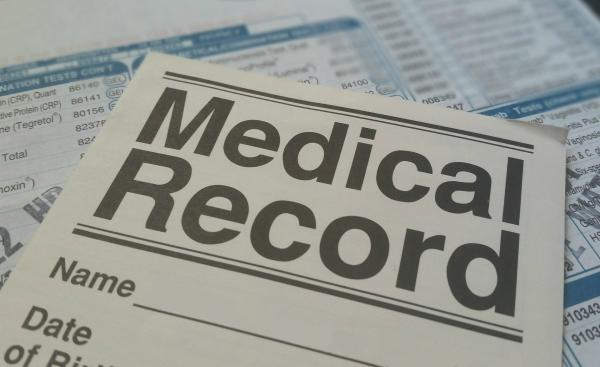Convincing a parent that vaccines won't harm their children can be a near-possible task these days. As pediatric infectious disease specialist Paul Offit told me during a recent interview, no amount of scientific evidence is likely to sway someone who has read horror stories about other children reacting badly to a shot.
Anti-vaccine groups amplify the problem by abusing the Vaccine Adverse Event Reporting System (VAERS), a database jointly maintained by the CDC and FDA. The system serves an important purpose: helping the two public health agencies detect “unusual or unexpected patterns of adverse event reporting that might indicate a possible safety problem with a vaccine.”
The difficulty arises because individuals, both physicians and patients, voluntarily report adverse vaccine reactions to VAERS, and these cases are not verified before they go online. The VAERS website itself warns that the system is “not designed to determine if a vaccine caused a health problem,” but this is of no consequences to vaccine skeptics, who readily use the aggregated data to sow doubts about the safety of FDA-approved shots. Robert F. Kennedy, Jr's. anti-vaccine group Children's Health Defense (CHD), for example, has turned VAERS abuse into an art form:
The blog post in that screenshot included a one-sentence disclaimer in its second paragraph: “Reports submitted to VAERS require further investigation before a causal relationship can be confirmed.” But this was just CHD hedging its bets while at the same time arguing that COVID shots are dangerous and probably unnecessary for most people. But the joke's on them because VAERS ultimately helps confirm just how safe vaccines are in the US.
A badly misused tool
Despite its undeniable usefulness as an early-warning system, VAERS is unsuitable for the role vaccine skeptics have forced it to play. The authors of a 2015 review article outlined a few of the system's most important limitations:
- Common, mild adverse events are likely to be under-reported, while “intense media attention and increased public awareness,” say during a pandemic, are likely to stimulate “elevated reporting.”
- VAERS reports vary in quality and completeness, and many “lack valid medical diagnoses.” Moreover, so many reports come in each year that conducting “detailed follow-up on all reports to obtain missing and incomplete information and correct inconsistencies and errors” is impractical.
- VAERS reports often increase following the introduction of a new vaccine. These can be “misinterpreted as actual increases in the incidence of adverse events and vaccine-related risk.”
- Crucially, “VAERS data do not include an unvaccinated comparison group,” which makes it impossible to compare adverse event rates in vaccinated and unvaccinated individuals. This is a big deal because anti-vaccine groups will often cite VAERS data as if they are gospel but discount the results of vaccine clinical trials, which actually compare outcomes in experimental and control groups when appropriate.
There are methods that can help mitigate these data gaps, for example, comparing rates of the same adverse event involving different vaccines. But researchers actually have to perform these statistical analyses. And even once they do, it “does not definitively demonstrate a true increased incidence of an adverse event, a causal association, or a safety problem,” the review authors explained. Additional studies based on better data sources are needed to establish a causal link between the shot and the adverse outcome. Suffice it to say, CHD and other activist groups generally don't perform this kind of follow-up work.
Fighting fire with fire
In contrast to activist groups, scientists often perform the follow-up research VAERS was designed to support. When they do, they usually end up refuting whatever association anti-vaccine groups have tried to establish.
In 2015, for instance, vaccine skeptics used VAERS data to allege that the measles, mumps, and rubella (MMR) vaccine killed 100 people. When the FDA and CDC investigated the VAERS reports—supplemented by medical records, autopsy reports, and death certificates—the two agencies found “no concerning pattern” that implicated the shot as the cause of death.
The irony in all this is that VAERS actually underscores just how safe FDA-approved vaccines are. And when used as intended, the system helps regulators update vaccine labels, restrict who should get certain shots, and, rarely, modify a vaccine or remove it from the market. In other words, VAERS mitigates the risk of vaccine injury. As the authors of a September 2020 article noted:
The excellent safety profile of FDA-approved vaccines underlines both the high-quality vaccine approval process which relies on high-quality, large-scale [randomized controlled trials] to identify any potential safety issues prior to vaccine approval, and the robustness of VAERS and similar post-marketing vaccine safety surveillance programs.
The rare safety issue leading to the single identified vaccine withdrawal was swiftly identified by the existing post-market surveillance program. The safety profile of FDA approve vaccines compares favorably to that of FDA approved drugs.




